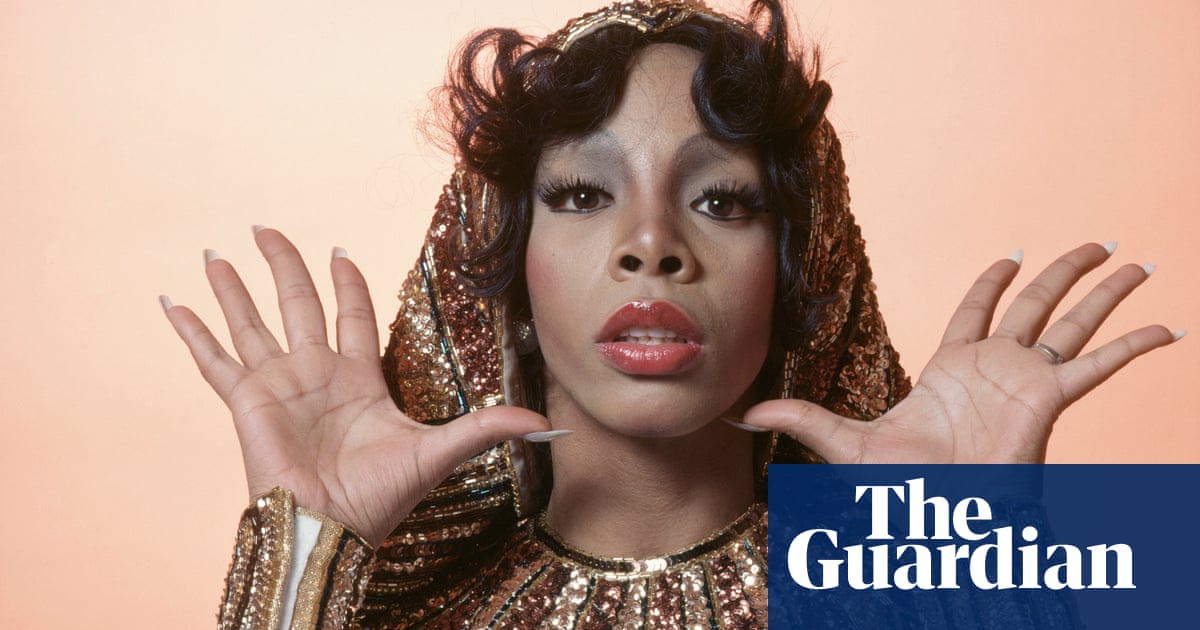
There are two ways of looking at the fact that I was given The Colour of Magic by Terry Pratchett one Christmas when I was about 11.
The first: my parents thought that because I was reading a lot of fantasy novels, I was going to love this one.
I’d devoured the Lord of the Rings (more than once), I’d loved Ursula Le Guin’s Earthsea trilogy, I’d munched through Redwall by Brian Jacques. I needed more and I was bound to love a book whose cover featured a chest sprouting pink human feet, a wizard and a goblin with an axe.
The second: my parents thought that because I was reading a lot of fantasy novels, I needed an intervention.
My eagerness for stories about swords and magic had recently led me to The Belgariad by David Eddings. These were the earnest adventures of Garion, Mister Wolf, Durnik, Torak and another bazillion characters with daft names. They were books with the potential to corrode my psyche. One passage ended with the statement “thou art truly approaching manhood, young Garion” and left me determined to avoid puberty until I was at least 21 and more able to cope with the attendant embarrassment. It was also painfully clear that most of the female characters in the books seemed to want nothing more than to be 1950s housewives – only without the labour-saving gadgets. This kind of fantasy was ripe for the kind of corrective that Pratchett promised.
Talking of correctives, I should probably attend to my own premise at this point. I can see a third possibility here: I just got lucky.
Maybe it’s wrong to analyse the provenance of a beloved present. Quite often the real reason you get a gift is “just because”.
But never mind that. Because it’s also fun to overthink why you were given something – especially if that something has gone on to have a profound impact on your life. Which The Colour of Magic has.
I was immediately swept up in the misadventures of Rincewind, the inept wizard careening around the Discworld, a flat planet floating through space on the back of four elephants, who were in turn on the back of a giant turtle called Great A’Tuin. I loved such absurd stretches of the imagination. And I loved the jokes. And the jokes about the jokes. And the footnotes attached to the jokes, which were in turn jokes. Pratchett was gleefully, unashamedly and quite gloriously silly. But he also gave me a whole new way of thinking both about fantasy and reality.
The truth is that neither of the two apparently contradictory ideas I considered above actually mattered when it came to reading this first Discworld novel. The beauty of The Colour of Magic is that while it reveals and mocks plenty of the absurdities of fantasy, it never entirely undermines them. Pratchett said he wrote the book in protest against “too many dark lords, too much lack of thought” – but that he also loved the genre. He understood the appeal of escaping into strange new worlds, and he also knew that doing so had the potential to tell us something new about our own circumstances and morality. The Colour of Magic may not have had the complexity and profundity of his later works, but it still had fascinating things to say about life and death. (Not to mention a character called Death who spoke IN CAPITAL LETTERS and “in tones as deep and heavy as the banging of doors, far underground”.)
It was wonderful heady stuff and it changed me. Most obviously, I was never able to take David Eddings entirely seriously again. Of course, I still read him. I still enjoyed him, in fact. But I was also able to laugh whenever anyone gave their sword a daft name or broke into faux medieval English.
Meanwhile, and conversely, Pratchett also helped me to take the genre of fantasy more seriously. It made me better appreciate the books that really worked – and also helped me to start to have an idea about how and why they did succeed. Now that I myself have become a publisher of fantasy fiction I like to hope that Pratchett’s unique brand of wisdom has guided me in my work. And even if it hasn’t, I still have plenty to thank him for. Because perhaps the greatest benefit I got from reading The Colour of Magic was that it led me on to all the other Terry Pratchett novels and the endless pleasure and enlightenment they’ve given me over the years.
It was a good present. I’m grateful.












